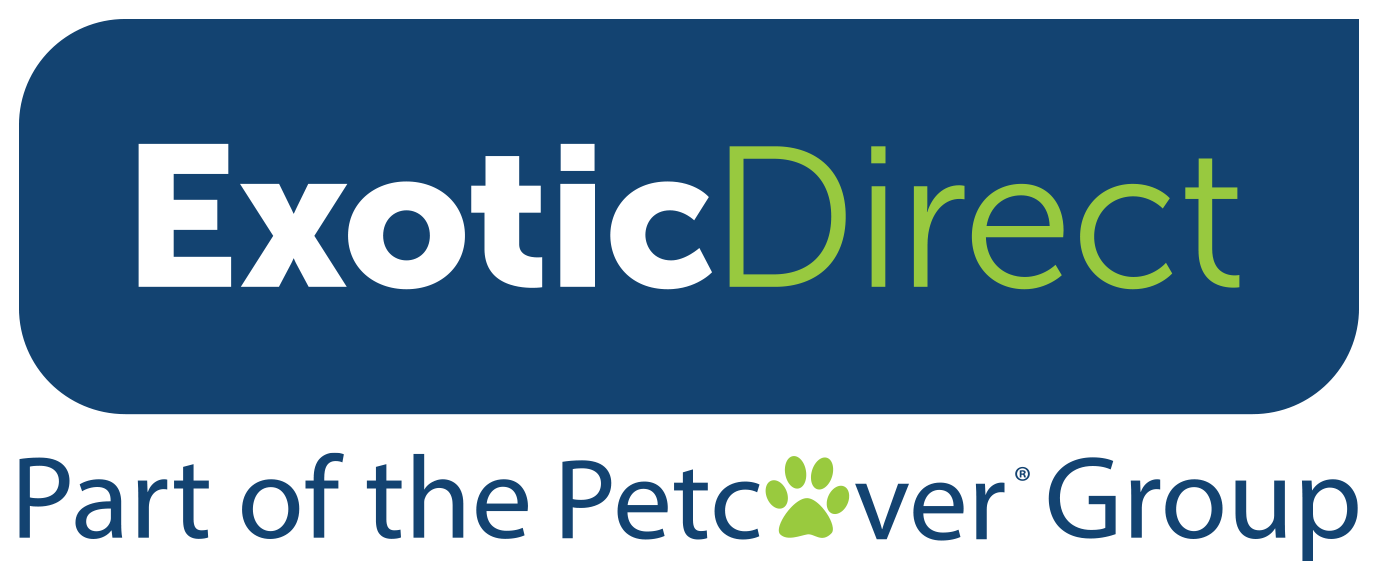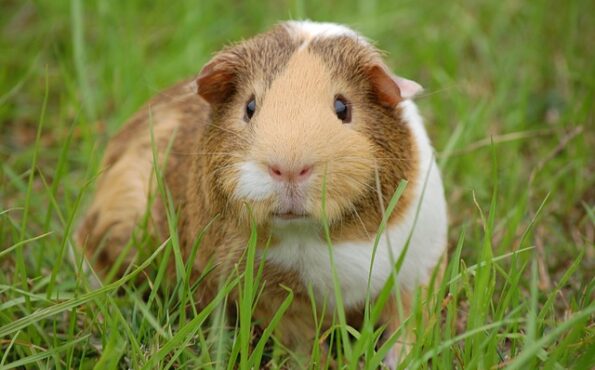10 tips to keep your pet guinea pigs healthy and happy
- Guinea pig’s originate from the Andes in South America, where their diet consists of high fibre vegetation, rich in vitamin C. Twickenham Vets explain that this is why Guinea pigs have a complex digestive system, and teeth that grow continually, in order to cope with their natural diet
- Good quality hay should make up the majority of your Guinea pig’s diet. The RSPCA advise that your Guinea pig needs this and grass to help maintain a healthy digestive system and healthy teeth.
- The RSPCA emphasise the importance of Vitamin C in your Guinea pig’s diet. Guinea pigs lack the enzyme to synthesise the vitamin, so therefore it can only be provided via diet.
- Good sources of Vitamin C, according to the PDSA are salad peppers, tomatoes (do not give the leaves), spinach, asparagus, broccoli and leafy greens. The PDSA also advise that Vitamin C supplements can be used. Opinion on how to administer Vitamin C supplements is divided, so you should speak with your vet to discuss the best methods.
- Pelleted Guinea pig food should be provided as part of a balanced diet. Twickenham Vets advise that pellets should be bought in a sealed pack and in small quantities, to help preserve the Vitamin C content, which degrades quickly.
- Twickenham Vets stress that a diet deficient in Vitamin C will lead to a range of health problems including; poor immune system function and dental problems. In severe cases Scurvy can develop, which if not treated promptly can be fatal.
- Don’t be tempted to give your Guinea pig lots of fruit. The PDSA advise that fruit is high in sugar, and should only be given occasionally in small quantities.
- Clean, fresh water should always be available for your Guinea pig. The PDSA stress that without access to fresh water, your Guinea pig could become seriously ill.
- The RSPCA advise you should never give your Guinea pig lawnmower clippings, as these can cause illness.
- Guinea pigs produce two types of droppings, hard and dry and dark, shiny smelly ones. The PDSA explain that the latter are called ‘caecotrophs’ which your piggy will eat. These form part of your Guinea pig’s diet – enabling them to receive the full goodness of their high fibre diet.
Find out more about our Guinea Pig insurance or…
Alternatively you can call us on 0345 982 5505
Disclaimer
Should you follow any advice given on the ExoticDirect Petpage, you do so at your own risk. Advice given on the ExoticDirect webiste is not a substitute for professional advice. If you require professional advice, please consult a veterinary surgeon.
Tamara Labelle
31 March 2015
More News
The Hawk Conservancy Trust Celebrates the Successful Hatching of Critically Endangered Vultures
August 3, 2023
Have your say on Government proposals to ban keeping primates as pets
Pets and children’s mental health; exploring the purpose of pets in children’s lives
How pets can benefit children’s learning and development
Can Guinea pigs live outside? Temperature, security and other care advice
July 13, 2022
Can pet rabbits live outside? – how to keep your bunny safe outside in summer and winter
What set up do I need for my Bearded Dragon?
How to setup a parrot cage – buying a cage, size, location, food, cleaning, perches and more.

